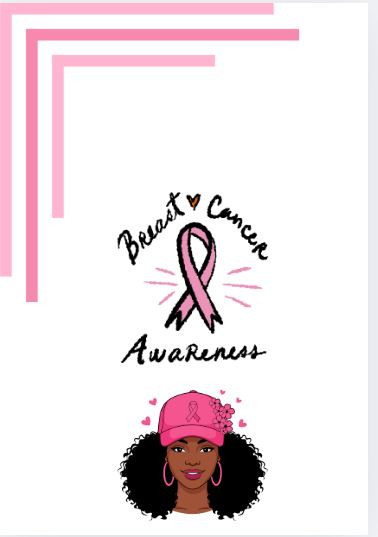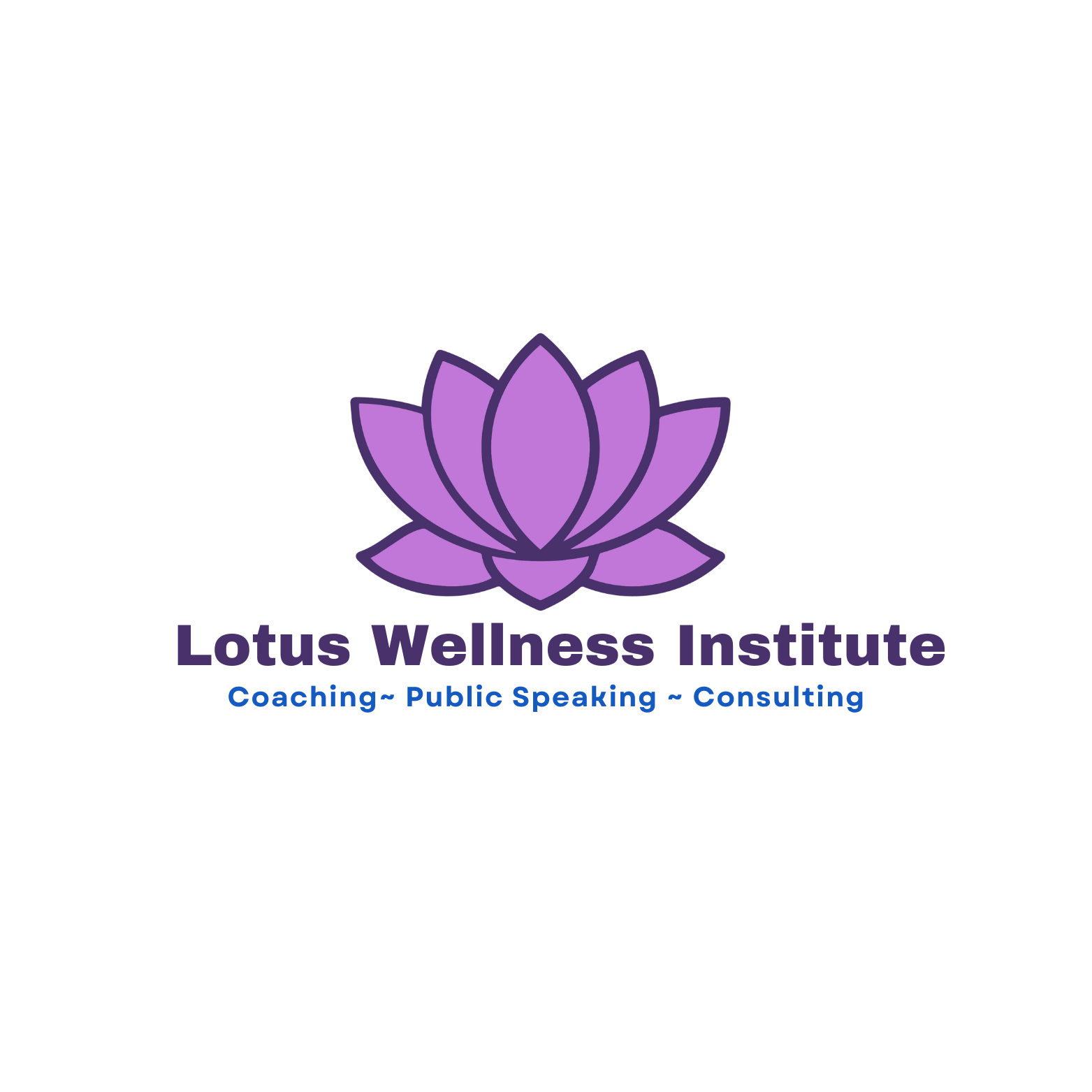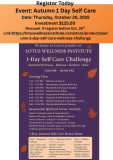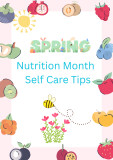
Self-Care and Breast Cancer Awareness: Empowering Your Health Journey-
October marks Breast Cancer Awareness Month—a time when organizations, healthcare institutions, and individuals come together to emphasize the importance of awareness, early detection, and self-care. Whether you're actively engaged in a health journey or supporting a loved one through theirs, understanding breast cancer risk factors and prevention strategies is crucial.
Understanding Breast Cancer-
Breast cancer occurs when cells in the breast grow uncontrollably. While it predominantly affects women, men can also be diagnosed with the disease. Thanks to advancements in medical research and awareness efforts, survival rates have significantly improved, especially with early detection.
Risk Factors-
Awareness begins with understanding the risk factors associated with breast cancer. Some of these include:
1. Genetic Factors: Mutations in genes like BRCA1 and BRCA2 can increase the risk.
2. Family History Having close relatives who have been diagnosed with breast cancer can be a significant risk factor.
3. Age The risk increases as you age, with most cases diagnosed in women over 50.
4. Lifestyle Factors: Sedentary lifestyles, poor diet, excessive alcohol consumption, and smoking can also increase risk.
5. Reproductive History: Early menstruation or late menopause, having children later in life or not at all, and not breastfeeding can play a role.
6. Hormonal Factors: Use of oral contraceptives or hormone replacement therapy has been associated with a slightly increased risk. Balancing hormones naturally can be an effective approach for many individuals, and there are several holistic options you might consider. Here are a few:
Maca Root: Known for its potential to balance hormones and boost energy levels, maca root is often used to support overall endocrine health.
Ashwagandha: An adaptogenic herb, ashwagandha can help manage stress levels and support thyroid function, which in turn may assist in hormonal balance.
Evening Primrose Oil: Rich in gamma-linolenic acid (GLA), this oil is often used to alleviate symptoms related to PMS and menopause.
Omega-3 Fatty Acids: Found in fish oil or flaxseed oil, omega-3s can support hormone production and reduce inflammation.
Magnesium: This essential mineral has a role in over 300 biochemical reactions in the body, including hormone regulation. It's often recommended for alleviating PMS symptoms.
Probiotics: Maintaining a healthy gut microbiome can influence hormone balance, so incorporating probiotics can be beneficial.
DIM (Diindolylmethane): Found in cruciferous vegetables, DIM can support estrogen metabolism, which may aid in balancing estrogen levels.
Rhodiola Rosea: Another adaptogen that can help manage stress hormones and support overall hormonal balance.
Before starting any new supplement, it's a good idea to consult with a healthcare provider, especially if you have existing health conditions or are taking other medications.
Prevention Tips:
While some risk factors like genetics can't be changed, many lifestyle choices can help reduce your risk. Here are some actionable prevention tips:
1. Regular Screenings: Schedule routine mammograms and check-ups. Early detection dramatically increases treatment success rates.
2. Self-Examinations: Conduct monthly breast self-exams to become familiar with how your breasts feel and spot any unusual changes.
3. Healthy Diet Maintain a balanced diet rich in fruits, vegetables, and whole grains, while limiting processed foods and red meats.
4. Exercise Aim for at least 150 minutes of moderate aerobic activity or 75 minutes of vigorous activity each week.
5. Limit Alcohol and Avoid Smoking: Both are linked to increased risk, so moderating your drinking and quitting smoking can be beneficial.
6. Maintain a Healthy Weight: Obesity, particularly after menopause, is linked to a higher risk of breast cancer.
7. Minimize Stress: Incorporate stress-reducing practices like yoga, meditation, or hobbies that promote relaxation.
Self-Care and Awareness-
Self-care goes beyond physical health; it encompasses emotional and psychological well-being. Here are ways you can practice self-care during Breast Cancer Awareness Month and beyond:
Educate Yourself: Stay informed about breast cancer and empower yourself with knowledge. This can help you make informed decisions about your health.
Seek Support: Connect with support groups or therapy to share experiences and gain emotional support.
Make Time for You: Dedicate time each day to activities that bring joy and help you unwind.
Be Mindful: Practice mindfulness or journal to process emotions and reduce anxiety.
In conclusion, breast cancer awareness and self-care go hand-in-hand. Understanding your risk factors, adhering to prevention strategies, and practicing self-care can empower you in your health journey. Remember, awareness is not just about detection; it's about proactive steps to reduce risks and enhance your quality of life. This October, take a step towards a healthier future by prioritizing your self-care and becoming an advocate for breast cancer awareness within your community.
Get Involved, learn more about breast cancer and how you can make a difference, consider participating in local awareness events, fundraisers, or volunteer efforts. Your involvement can provide critical support to those affected and contribute to ongoing research efforts aiming to eradicate this disease.
By staying informed and proactive about your health, you can lead the fight against breast cancer and inspire others to do the same.
In Wellness, Light & Love
Coach Jennifer












0 Comments